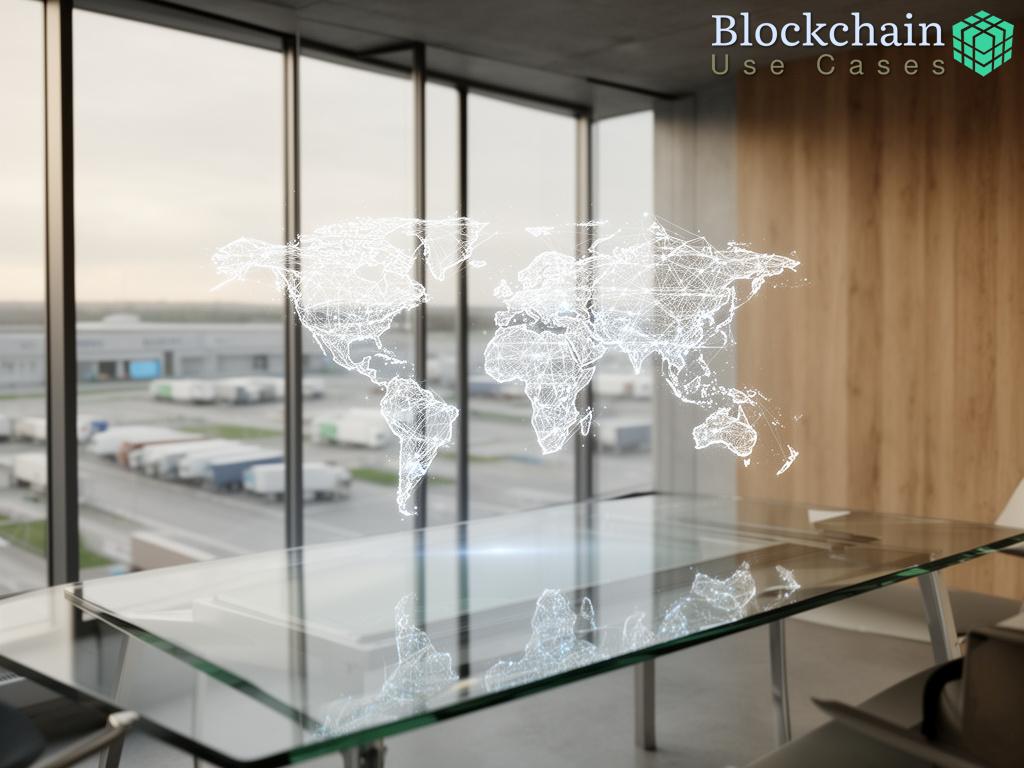Rethinking International Trade

In an era where global trade is experiencing exponential growth, the need for efficient customs and border control processes has never been more pressing. Customs authorities around the world are grappling with the challenges of increased trade volume, compliance complexities, and the ever-present threat of fraud and smuggling. Enter blockchain technology—a cutting-edge solution that promises to revolutionize how customs operations are managed, paving the way for enhanced transparency, security, and efficiency.
The Power of Transparency and Traceability
One of the most significant advantages of blockchain technology is its ability to provide a transparent and immutable record of transactions. This characteristic is particularly valuable in customs and border control processes, where the integrity of data is paramount. By leveraging blockchain, customs authorities can create a secure digital ledger that records every step of the supply chain, from the point of origin to the final destination.
Imagine a world where every shipment is tracked and verified in real-time. With blockchain, customs officials can access a comprehensive history of a product, including its origin, handling, and compliance with regulations. This level of transparency not only helps in reducing fraud but also expedites clearance processes, allowing legitimate goods to move swiftly across borders.
Enhancing Efficiency Through Automation
Beyond transparency, blockchain technology offers the potential for significant automation in customs processes. Smart contracts—self-executing contracts with the terms of the agreement directly written into code—can automate various tasks, from document verification to payment processing. This automation reduces the need for manual intervention, minimizing human error and accelerating the flow of goods.
Furthermore, the integration of blockchain with IoT (Internet of Things) devices can provide real-time data on shipments, enabling customs officials to make informed decisions quickly. This synergy not only streamlines operations but also enhances security by allowing for immediate alerts in case of discrepancies.
Key Benefits of Blockchain in Customs and Border Control
To summarize the transformative impact of blockchain on customs and border control processes, here are some key benefits:
- Increased Transparency: Immutable records reduce fraud and enhance trust among stakeholders.
- Faster Clearance Times: Real-time tracking and automated processes speed up the movement of goods.
- Cost Savings: Reduced paperwork and manual processes lower operational costs.
- Enhanced Security: Improved data integrity and traceability mitigate risks associated with smuggling and non-compliance.
As governments and organizations worldwide begin to recognize the potential of blockchain technology, the future of customs and border control looks promising. By embracing this innovative solution, we are not just making trade more efficient, but we are also building a more secure global economy.





